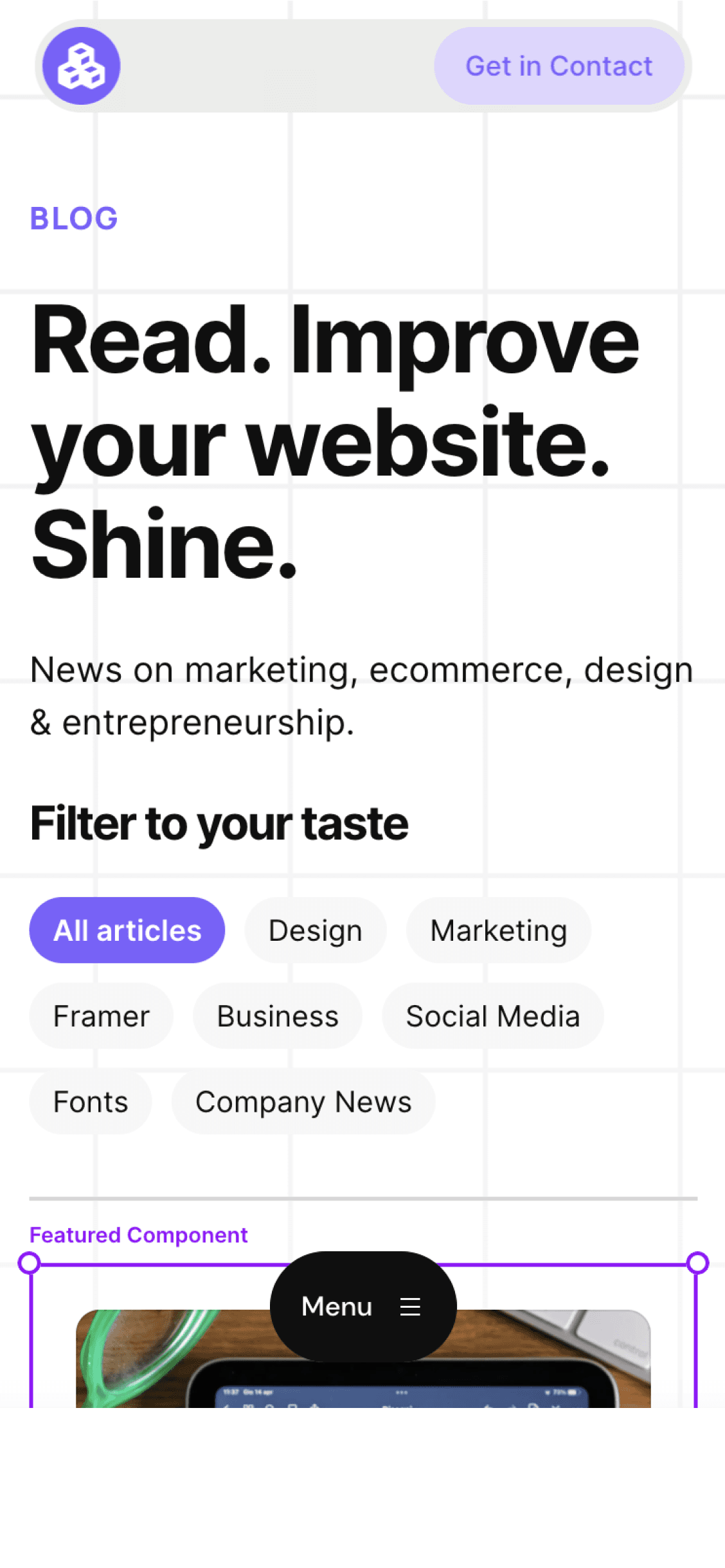All articles
On-page vs. off-page SEO unveiling the secrets of search engine dominance
Are you tired of your website playing hide and seek on Google? Well, it's time to put an end to the hide-and-seek game! In this guide, we're about to spill the beans on On-page vs. Off-page SEO and how they can help your website rise to the top. Let's dive in!
4
min read
Nov 8, 2023
Subscribe Wrapper
Get notified whenever we post a new blog
Learn more about writers' expertise on web design, web development, SEO, tools and much more!
Get Notified
Share our blog on your socials. Let people know!
In the ever-evolving landscape of digital marketing and online presence, SEO (Search Engine Optimization) stands as an indispensable pillar. With its power to determine a website's visibility on the internet, it can be the difference between thriving in the digital world and fading into obscurity. When discussing SEO strategies, two critical approaches come to the fore: On-page SEO and Off-page SEO. These are the twin engines that drive a website's journey to the top of Google's search results.
What is on-page SEO?
On-page SEO is like the backbone of your website. It involves optimizing elements on your webpages to make them more search engine-friendly. This includes tweaking factors like meta tags, content, URL structure, and HTML tags. Here, we delve into the key elements of On-page SEO:
Content is king
The content of your website is the heart of On-page SEO. High-quality, relevant, and engaging content not only attracts visitors but also pleases search engines. Keywords play a crucial role here. Incorporating relevant keywords strategically within your content helps search engines understand what your page is about.
Remember, it's not about stuffing your content with keywords; it's about using them naturally to enhance the user experience.
Title tags and meta descriptions
The title tag and meta description are your website's first impressions. They appear on the search results page and give users a preview of what your page offers. Crafting enticing title tags and informative meta descriptions can significantly boost your click-through rates.
URL structure
A clean and organized URL structure is essential for both user experience and search engine optimization. It should be concise and relevant to the content on the page. Avoid long, convoluted URLs, and make use of hyphens to separate words.
Heading tags (H1, H2, H3, etc.)
Heading tags are crucial for structuring your content. The H1 tag typically represents the main title of your page, while H2 and H3 tags are used for subheadings. Properly structured headings make your content more readable and help search engines understand its hierarchy.
Delve further into the realm of on-page SEO and discover extra tips for optimizing your digital space by exploring our in-depth blog: "On-page SEO: Optimizing Your Digital Space for Search Success." Take a moment to read now and unleash the full potential of your website!
The power of off-page SEO
While On-page SEO builds the foundation, Off-page SEO involves activities outside your website that impact its search engine rankings. These activities are aimed at improving your website's authority, trustworthiness, and relevance in the eyes of search engines. Here's a closer look at Off-page SEO:
Link building
Link building is a cornerstone of Off-page SEO. It involves acquiring backlinks from reputable websites to your own. Search engines consider these backlinks as votes of confidence in your content's quality and relevance. However, it's crucial to focus on quality over quantity. A few high-quality backlinks can be more beneficial than numerous low-quality ones.
Social signals
In the age of social media, your website's presence on platforms like Facebook, Twitter, and Instagram is vital. Social signals, such as likes, shares, and comments, can indirectly influence your search engine rankings. Engaging with your audience on these platforms can boost your website's authority.
Online reputation management
Your website's online reputation matters. Positive reviews and mentions across various platforms can establish trust and credibility. On the flip side, negative reviews can harm your reputation and, subsequently, your search engine rankings. Actively managing and monitoring your online reputation is an essential part of Off-page SEO.
The symbiotic relationship
In the battle of On-page vs. Off-page SEO, it's not about choosing one over the other; it's about understanding their symbiotic relationship. These two strategies work hand in hand to boost your website's search engine rankings. On-page SEO provides the foundation and structure, making it easier for search engines to understand your content. Off-page SEO, on the other hand, signals to search engines that your website is authoritative and trustworthy.
So, which is more important? The truth is, they complement each other, and their significance can vary depending on your niche and competition. A well-optimized website with valuable content (On-page SEO) can attract natural backlinks and social signals (Off-page SEO). Simultaneously, Off-page SEO can elevate your website's authority and credibility, making your On-page efforts even more effective.
The road to dominance
In the world of SEO, dominance is the ultimate goal. To achieve it, you must continuously refine both your On-page and Off-page SEO strategies. Keep a close eye on industry trends, algorithm updates, and the competitive landscape. Regularly update your content, monitor your backlink profile, and engage with your audience on social media.
In conclusion, On-page vs. Off-page SEO is not a competition but a dynamic duo. Together, they can propel your website to the top of Google's search results, ensuring your online presence shines brightly in the digital realm.
Subscribe to our newsletter
Learn more about writers' expertise on web design, web development, SEO, tools and much more!
We care about your data in our privacy policy.

Cédric subscribed to the newsletter! 🎉
Welcome to the Welleton Digital Agency blog!
Michiel just posted 2 blogs about marketing & design.
Thanks for sharing the blog with your friends!



